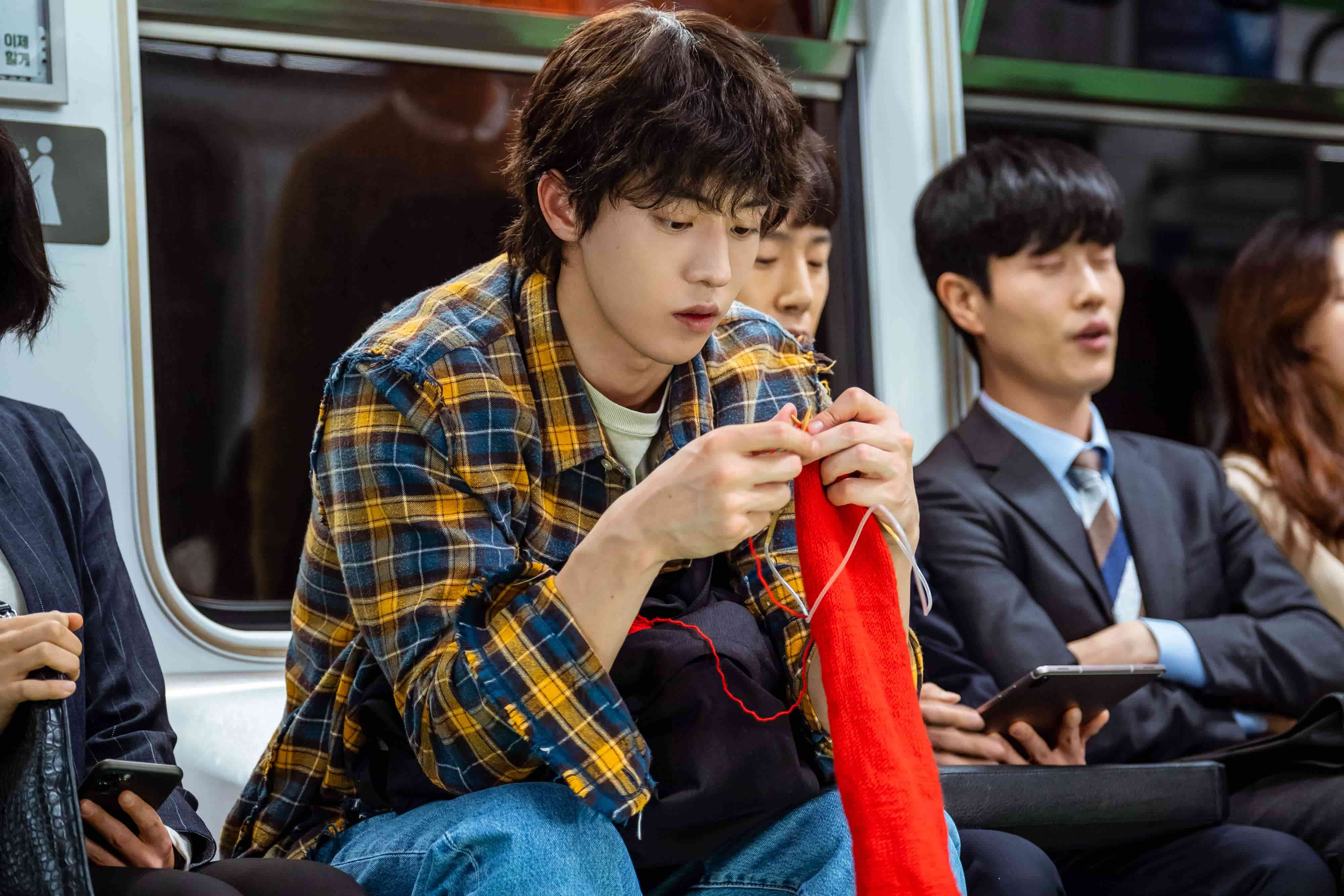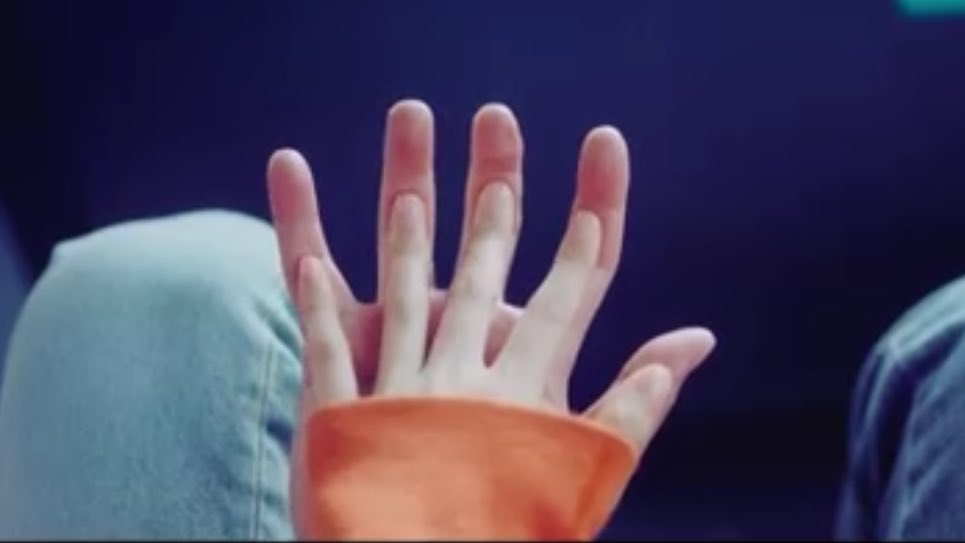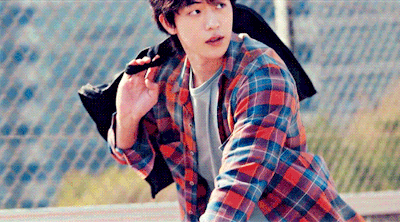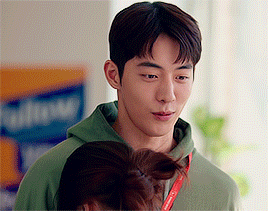in defence of nam dosan
Jan. 23rd, 2021 12:54 pm
"To be honest, who would choose Nam Do San? He's not charming at all," A post by a k-netizen read, back when the popular TVN drama, Start-Up (of which the aforementioned Nam Dosan is the protagonist), was in its tenth week of being on air - and of garnering deeply polarising views from its audience.
If you, like me, are an avid kdrama enthusiast, the phrase ‘second lead syndrome’ shouldn’t be something novel to you. The very foundation of a mainstream, romance-centric drama is it’s second male lead, who is conceived as a worthy antithesis to the "main lead", a foil, a constant reminder of what-could-have-been, the almost titillating other side of the coin. Sometimes, he’s the nice guy, too unassuming, too ordinary (in the eyes of the female lead, that is) to ever get the girl. Sometimes, he’s the darker, sexier, more salacious foil to the main lead - always on the outskirts of romantic affection because he ravages and breaks the rules, is far from a socially desirable suitor for the female lead. But no matter which end of the spectrum the second lead falls in, the one thing they always have in common is this: they’re always the underdog.
And yet, never has a conversation around the second lead syndrome become so wildly incendiary, so bizarrely conflicted, and so bitingly vicious like it did in the case of Start-Up. The netizen comment panning Dosan’s lack of charm was just the beginning. With the airing of each episode, there were increasing cries of displeasure and disillusionment with the main lead, and vehement support for the second lead, Han Jipyeong. Twitter threads and Pann message boards alike were rife with opinions ranging from “Jipyeong deserves better” to “Dosan is toxic and horrible, he doesn’t deserve to end up with Dalmi (the show’s female protagonist)”.
First, a disclaimer: I love Jipyeong, and this long, rambly essay-length post is in no way disparaging him (or any other second lead, for that fact). In fact, I think Jipyeong’s arc was incredibly fleshed out, and his journey from being a bitter orphan with trust issues to a mature, loving individual who finds family and friendship, who learns to accept love, was portrayed with great sensitivity. But that said, what made me curious was the severity of the sentiments that were circulating in brutal criticism of Dosan, even if all he did was exist, all he did was be as human and flawed a character as any other.
The answer wasn't perhaps so simple, and yet, it was.
In Start-Up, the antithesis is the hero. The underdog, who is traditionally supposed to be the second lead - the foil to the requisite smooth-talking, sharp-dressing main lead - is the main lead here. The nice, unassuming, perhaps even a little bit plain, guy is at the emotional core of this story, is the one who basks in the limelight. Dosan isn't charming (at least not in the conventional sense), isn't brooding and traditionally masculine, isn't the white knight who will saunter in with effortless ease, glibness and dramatic declarations and sweep the heroine off her feet within seconds. In fact, the show is deliberate and almost adamant in its fashioning of Dosan as the very contradiction of every main lead characteristic one can imagine a main lead to have. There's a moment, towards the beginning, where Dosan takes on the garb of the suave, charismatic individual, the type of male hero one is accustomed to seeing as the quintessential centrepiece of a kdrama romance. He dresses in a sharp suit, pretends to be rich and confident, pretends to own a fancy car, tries to sweep the heroine off her feet. But within seconds, cracks begin to appear in that facade. It becomes brutally apparent (in more ways than one) that this version of Dosan is not Dosan at all, that the real Dosan is everything but this, is the very antithesis of this.
In reality, Nam Dosan is awkward, introverted, lacking as much emotional intelligence as he possesses scientific intelligence (though, never lacking warmth). Nam Dosan is kind and sincere, is selfless and immensely caring, is constantly performing acts of service for the people he loves, no questions asked, regardless of the barriers he has to circumvent to do so. Nam Dosan struggles with the extreme burden of expectations his parents have from him, as an erstwhile "gifted kid" and the youngest winner of a Math olympiad (though his "genius", too, is smartly and very empathetically deconstructed in a particularly moving episode).

The words are punctuated with tears, and yet, they’re uttered like an avalanche. Like he can’t hold back anymore, like he just wants to be liberated, just wants to be seen.

---
A running leitmotif in Dosan’s storyline are: hands.
Initially, before Dalmi gets to know the real Dosan and is under the false impression that he is, in any way, heroic, Dosan asks her, “What do you like about me?”
She racks her brains, comes up with responses that aren’t really about Dosan at all, until finally settling on: “You have nice hands.”

Something about that statement, that tiny acknowledgement, that small tidbit of validation during a time when nobody else even considered Dosan deserving of validation, sticks with him and drives him throughout the course of the show. If only his hands are his redeeming quality, then he’ll use them, he’ll use them to help Dalmi, to help countless others, to fulfil his potential and show the world who he truly is. He isn’t just the 13-year old Math olympiad gold medalist who didn’t have a stable source of income even after crossing the threshold of 30.
There’s always been more to him, he’s him, and his hands are uniquely him.
That journey towards self-actualisation, towards self-confidence, and even self-love, is something that resonates with me even more than a month after the final episode of Start-Up aired. To a kindred spirit like me, it signals hope, it signals that the power of radical kindness does triumph, does become an unflinchingly positive force. Dosan’s self-actualisation was made possible only when he could unravel completely, only when he could lean into his fragility and softness and chart his own path, rejecting not just his parents’ notion of who he should become, but also the audience’s notion of why he is who he is.
So when it comes back to that original and oft-articulated question: “Who would choose Nam Dosan?” I will say:
I would. Forever.


no subject
Date: 2022-03-07 08:55 am (UTC)ill be back